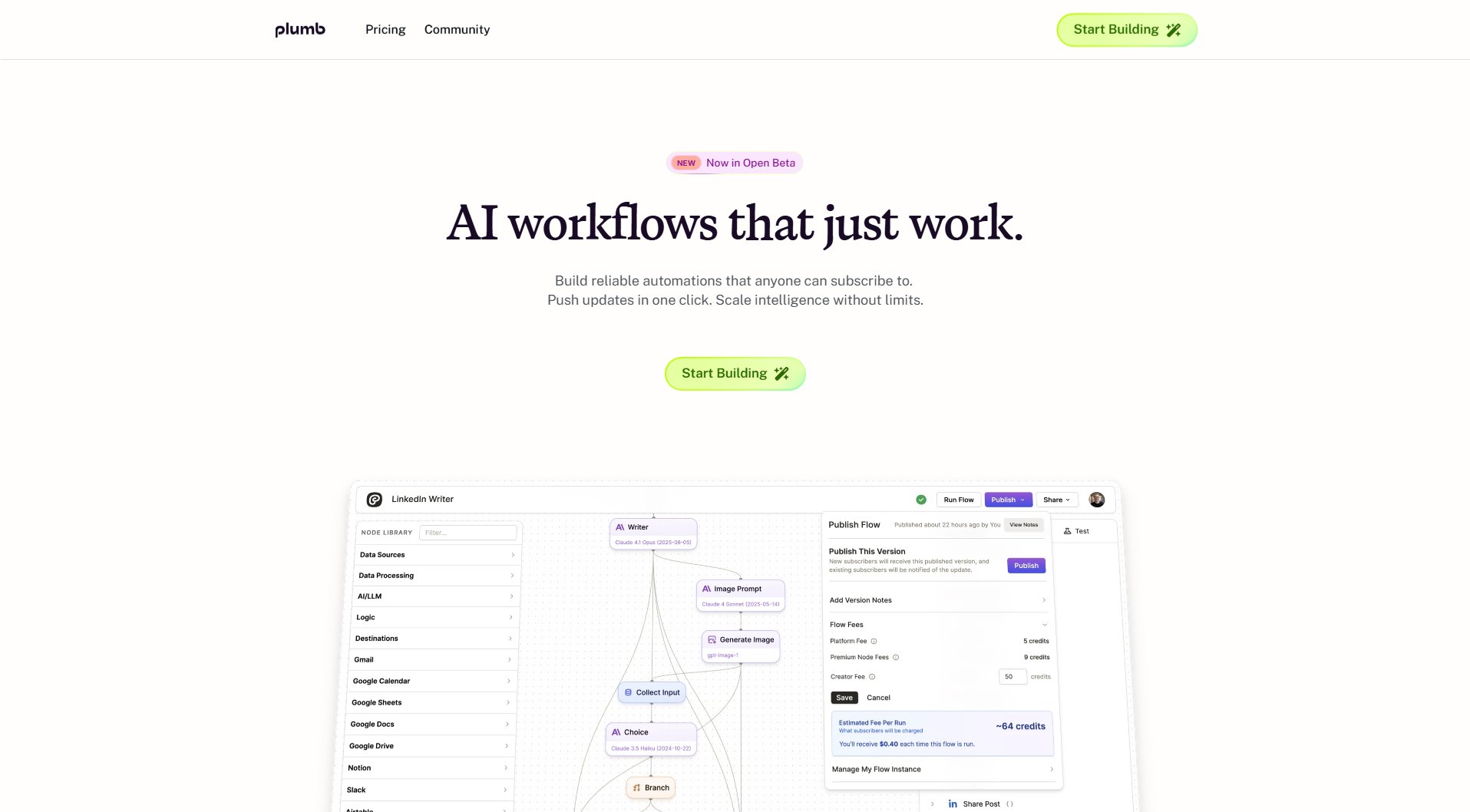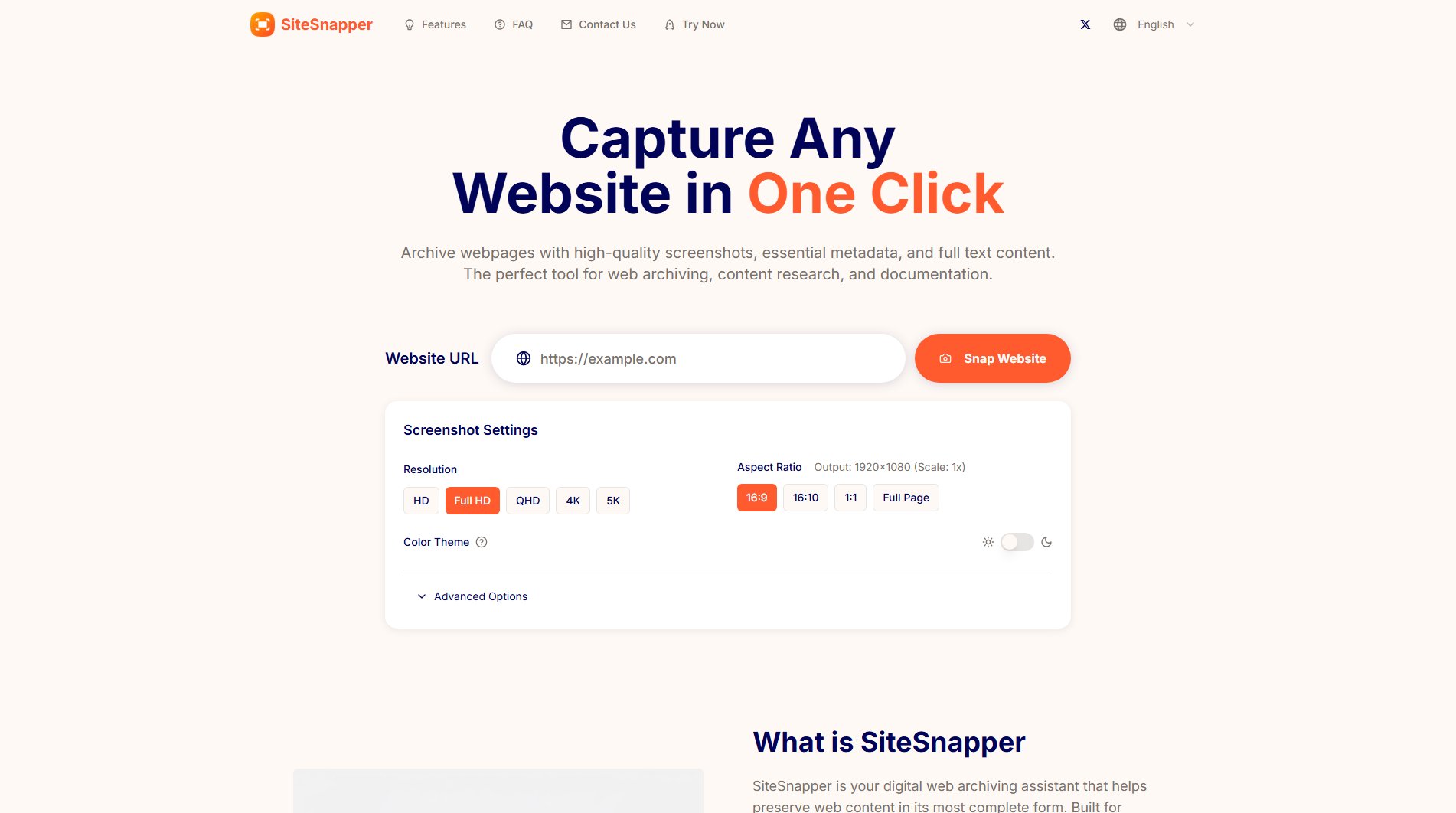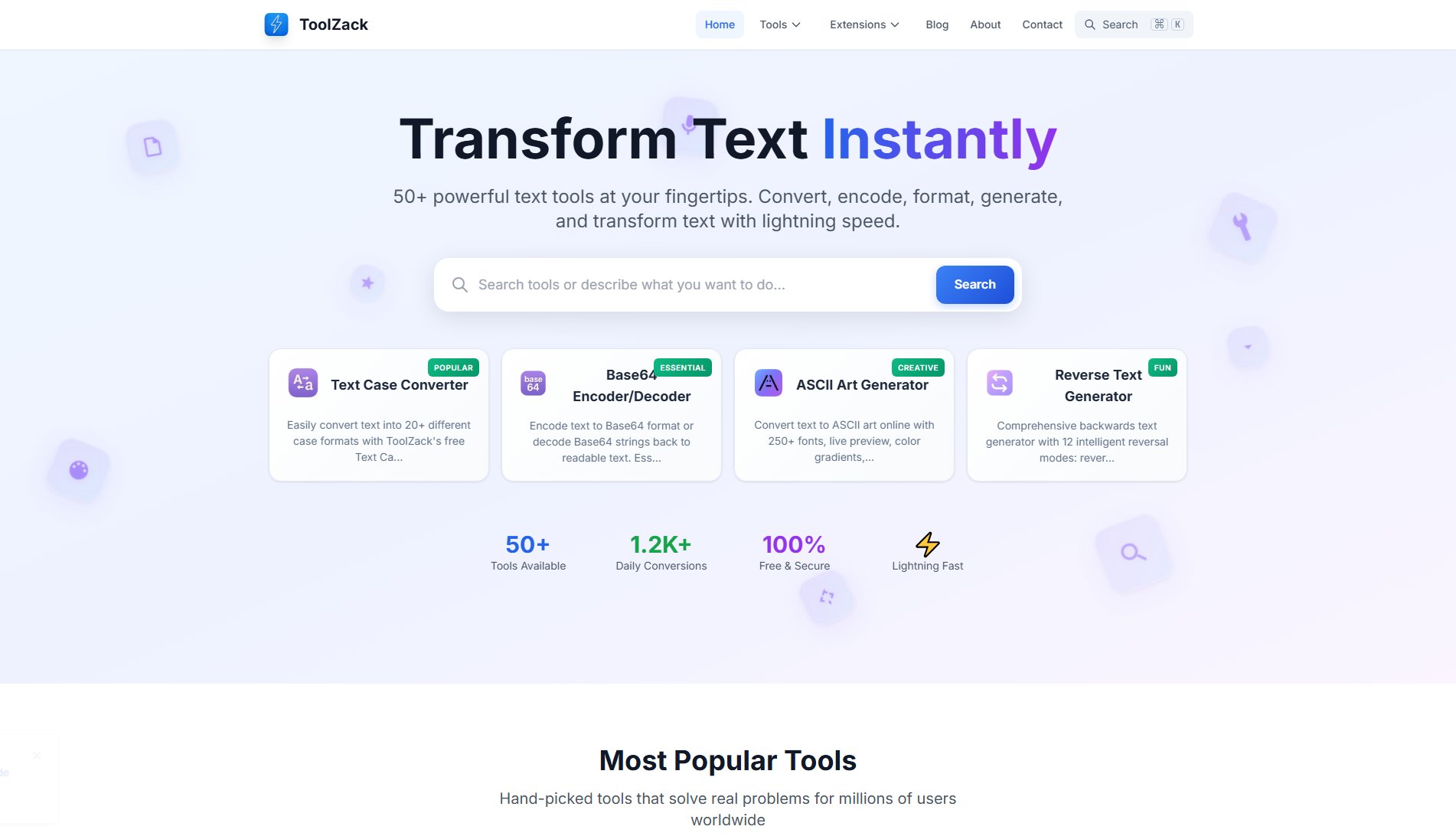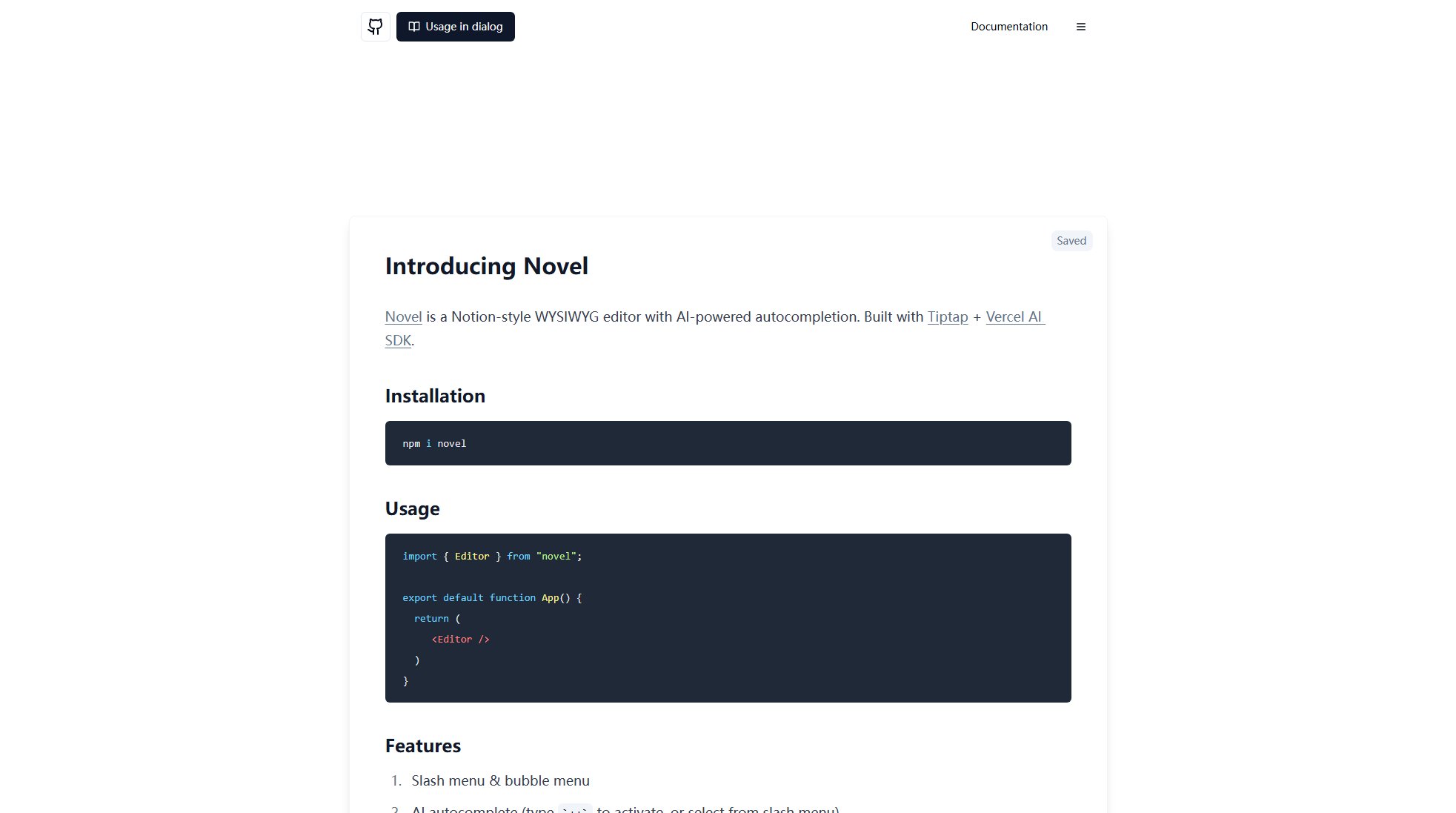Apidog Fast Request - IntelliJ IDEA Plugin
Develop APIs Faster Than Ever with One-Click Requests
What is Apidog Fast Request - IntelliJ IDEA Plugin? Complete Overview
Apidog Fast Request is an IntelliJ IDEA plugin designed to streamline API development for Java and Kotlin projects. It automatically detects endpoints in your code and allows you to send requests with just one click, eliminating the need to switch between your IDE and tools like Postman. The plugin supports various frameworks including Spring, JAX-RS, and Spring Cloud OpenFeign, and can generate OpenAPI specifications without requiring Swagger annotations. It's ideal for developers looking to enhance productivity by integrating API debugging and documentation directly into their development environment.
Apidog Fast Request - IntelliJ IDEA Plugin Interface & Screenshots
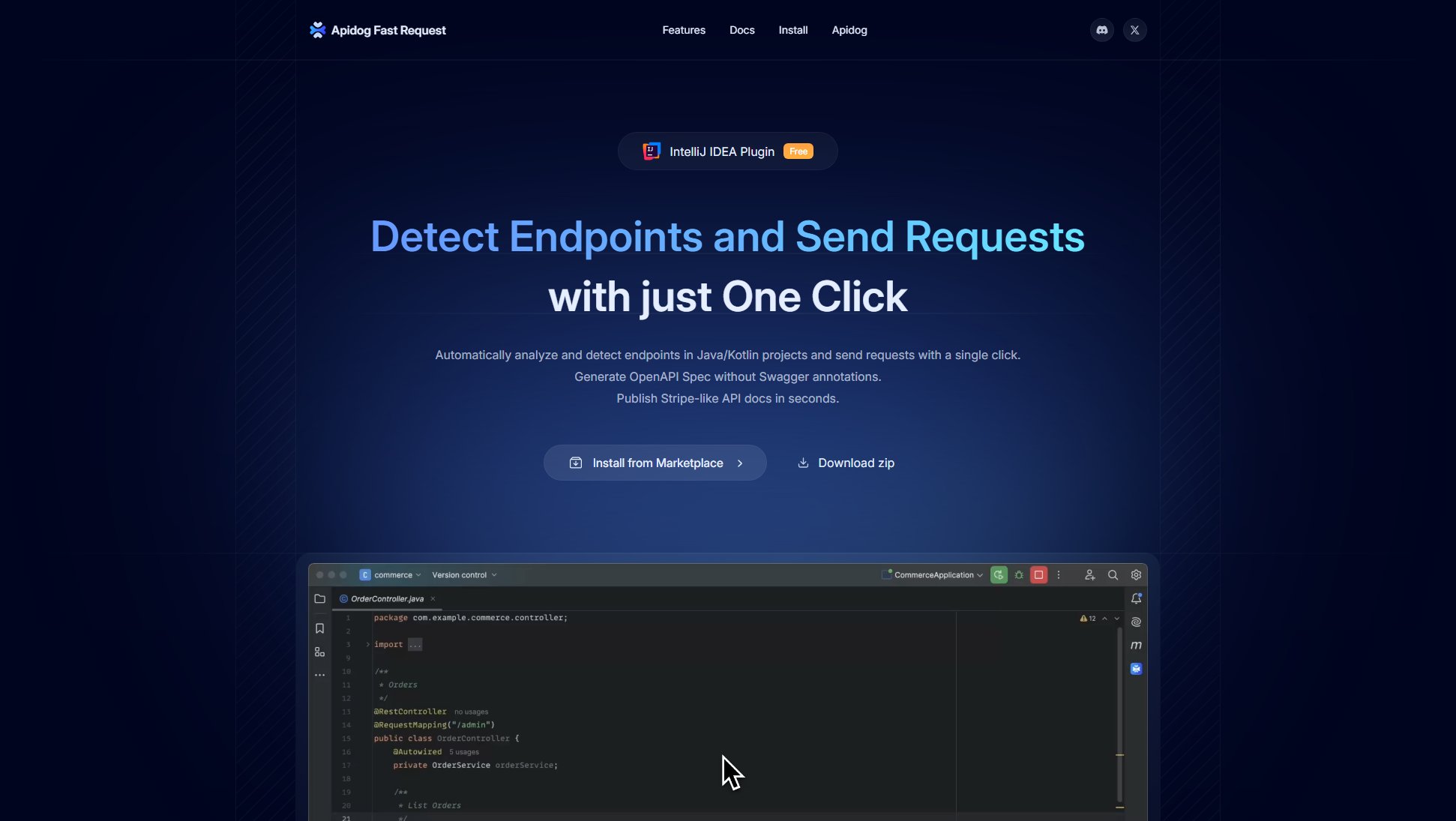
Apidog Fast Request - IntelliJ IDEA Plugin Official screenshot of the tool interface
What Can Apidog Fast Request - IntelliJ IDEA Plugin Do? Key Features
One-Click Request Detection
Automatically analyzes and detects endpoints in Java/Kotlin projects, allowing you to send requests with a single click. This feature saves time by eliminating the need to manually enter URLs and parameters.
Automatic Request Parameter Filling
Detects code within the Spring framework to automatically suggest and fill in request parameters and URLs. This enables real-time writing and debugging, ensuring accuracy and efficiency.
Response Body Parsing
Automatically formats and highlights responses based on type, supporting JSON and XML. It correctly displays response content even with Gzip and Brotli compression enabled on the server.
Request History Backtracking
Records the history of sent requests, including URL, request parameters, and response body. This allows for easy review and recall of previous requests.
Global Parameters and Cookies Management
Add global parameters for each endpoint and manage local cookies in the cookie jar. Cookies are automatically attached when sending requests, streamlining the debugging process.
OpenAPI Spec Generation
Generates OpenAPI specifications without requiring Swagger annotations. This non-intrusive feature supports automatic parsing of common framework code with zero configuration.
API Documentation
Publishes Stripe-like API docs in seconds. The plugin can upload generated API specs to Apidog with one click, supporting custom domain names, logos, and theme colors.
Best Apidog Fast Request - IntelliJ IDEA Plugin Use Cases & Applications
Rapid API Debugging
Developers can quickly debug APIs without leaving their IDE. The plugin's automatic parameter filling and response parsing make it easy to test endpoints in real-time.
API Documentation Generation
Teams can generate comprehensive API documentation without manually writing Swagger annotations. The plugin's integration with Apidog allows for instant publishing of professional docs.
Microservices Development
For projects using Spring Cloud OpenFeign, the plugin can scan endpoints through the @FeignClient annotation, simplifying microservices development.
How to Use Apidog Fast Request - IntelliJ IDEA Plugin: Step-by-Step Guide
Install the Apidog Fast Request plugin from the IntelliJ IDEA Marketplace or download the zip file from the official website.
Open your Java or Kotlin project in IntelliJ IDEA. The plugin will automatically detect endpoints in your code.
Click on any detected endpoint to send a request. The plugin will automatically fill in request parameters and URLs based on your code.
View the formatted response in the plugin's interface. Responses are automatically highlighted and parsed for easy readability.
Use the request history feature to review previous requests. You can also generate OpenAPI specs or publish API docs directly from the plugin.
Apidog Fast Request - IntelliJ IDEA Plugin Pros and Cons: Honest Review
Pros
Considerations
Is Apidog Fast Request - IntelliJ IDEA Plugin Worth It? FAQ & Reviews
Yes, the plugin is currently free to use with all core features available at no cost.
The plugin supports Java and Kotlin, the most popular JVM languages.
Yes, it automatically parses Spring Boot annotations like @RestController and @RequestMapping.
Yes, the plugin can generate OpenAPI specifications without requiring any Swagger annotations in your code.
You can publish API docs with one click using Apidog's robust documentation capabilities, including custom domain names and themes.
